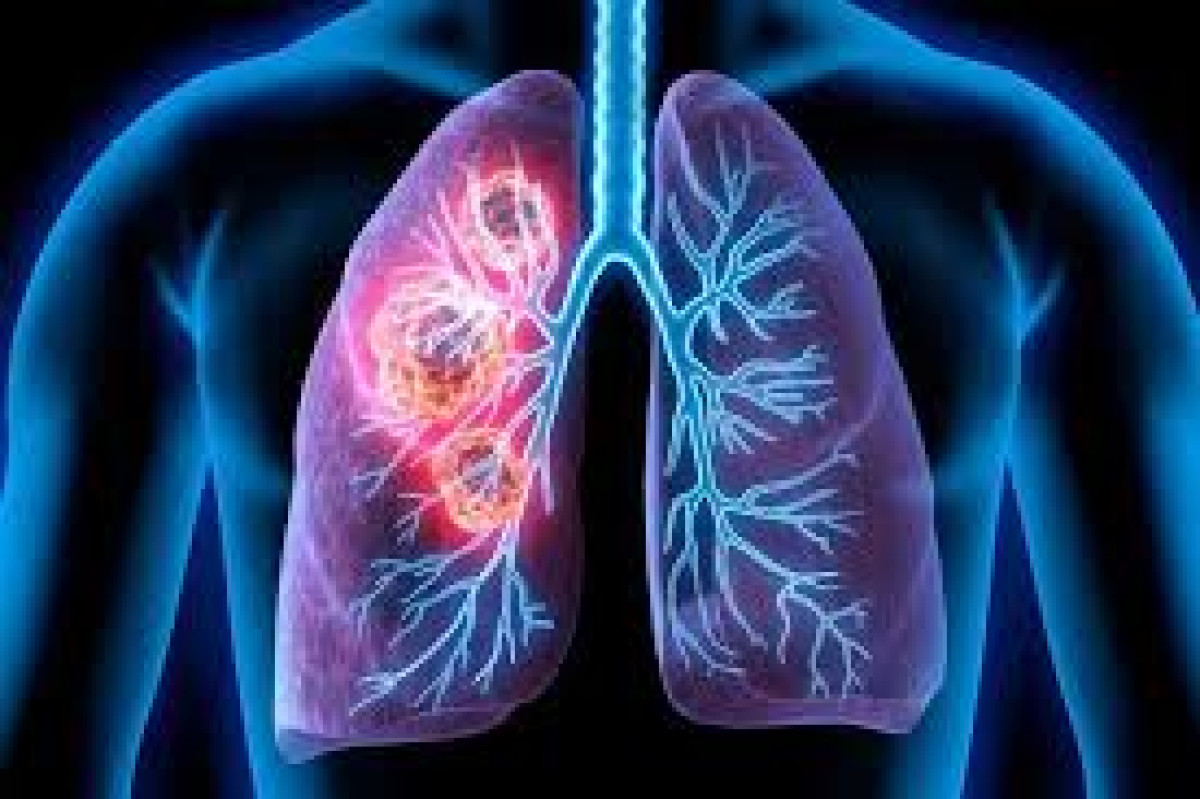
In busy cities and industrial areas, the air we breathe isn’t always as clean as it should be. Beyond the usual worries about air pollution, there’s a less-talked-about problem: it messes with the tiny blood vessels in our lungs. New research shows that this can lead to serious health issues. This blog explores the connection between air pollution and lung blood vessels, underlining why we need to pay attention to this issue for our health and the environment.
Understanding Lung Blood Vessels: Before we get into the effects of air pollution, let’s understand what the blood vessels in our lungs do. Like a complicated network of roads, these vessels carry blood between our heart and lungs. They ensure oxygen and carbon dioxide exchange properly, which is super important for keeping our bodies running smoothly. Anything that messes with this system can seriously impact our health.
How Air Pollution Messes Things Up: Studies are showing that being around air pollution can mess with how the blood vessels in our lungs work. Tiny particles like PM2.5, gases like NO2, and ozone – all found in polluted air – can get deep into our lungs and cause inflammation and stress.
Inflammation: When we breathe in pollutants, our body reacts by getting all inflamed. If this keeps happening over time, it can make the blood vessels in our lungs narrow. This makes it harder for blood to flow and messes up the way our lungs exchange gases.
Oxidative Stress: Air pollution also causes oxidative stress, where our bodies struggle to deal with harmful substances. This stress can damage the cells lining our lung blood vessels. When this happens, blood vessels don’t open up properly, messing with blood flow.
Health Consequences: This damage to lung blood vessels isn’t just a minor issue. It can make conditions like asthma and COPD worse, or even cause them. Plus, it’s been linked to an increased risk of heart problems like high blood pressure and heart attacks.